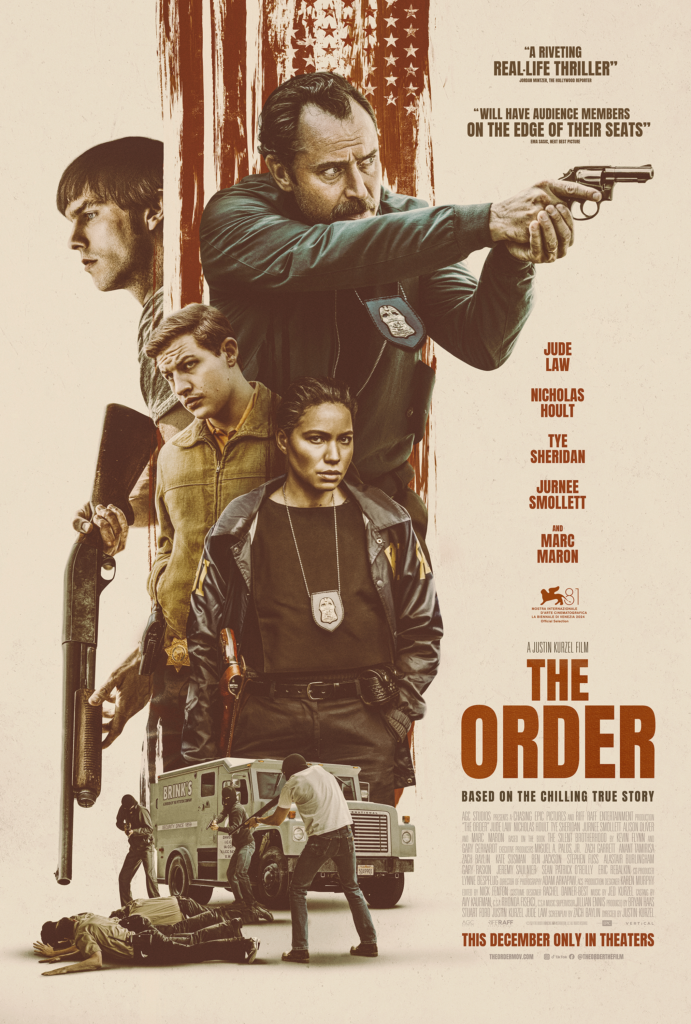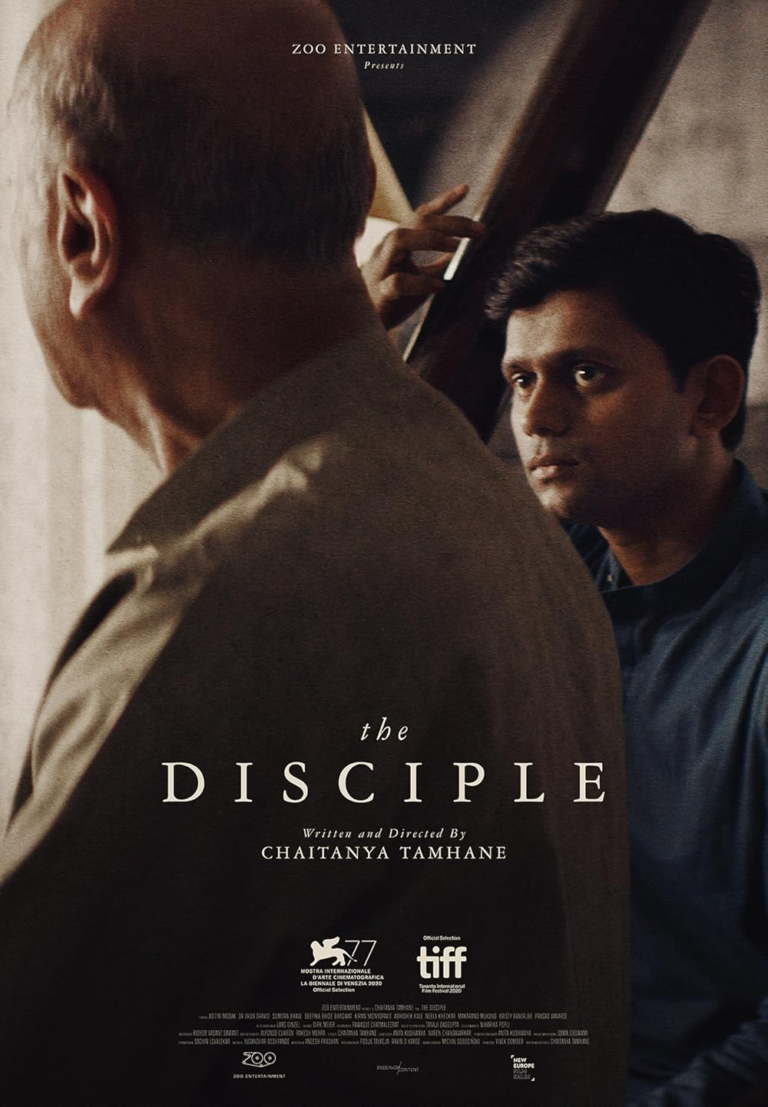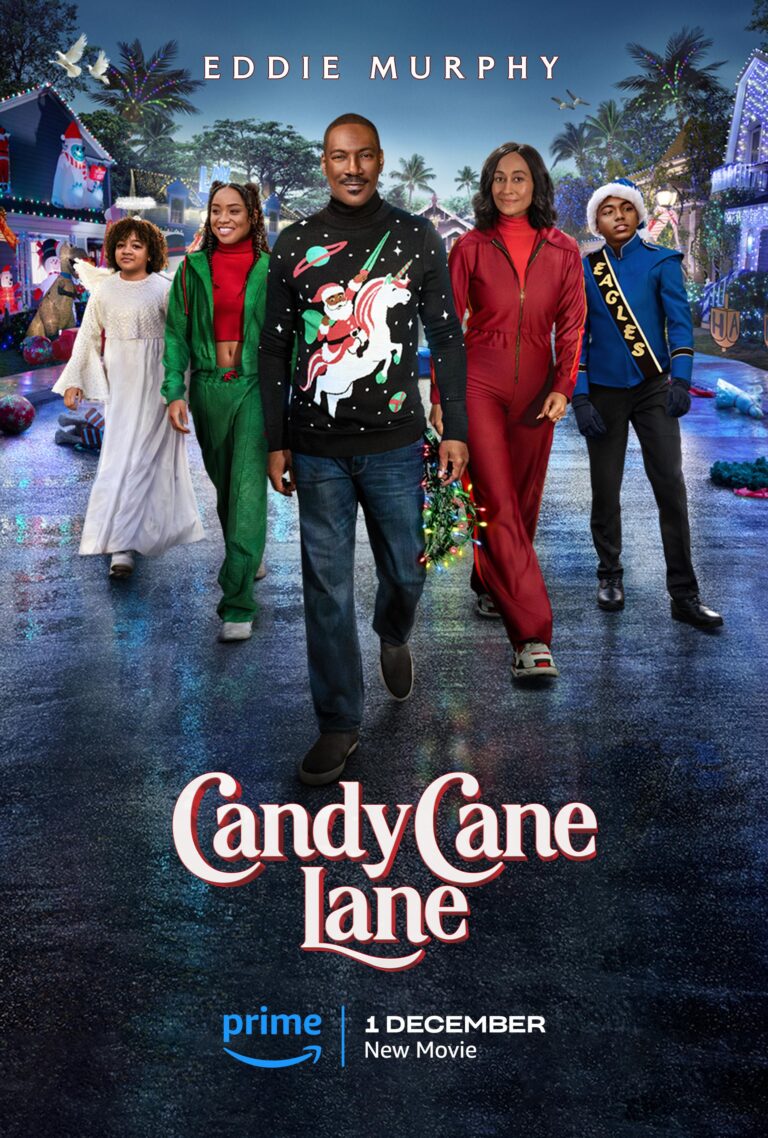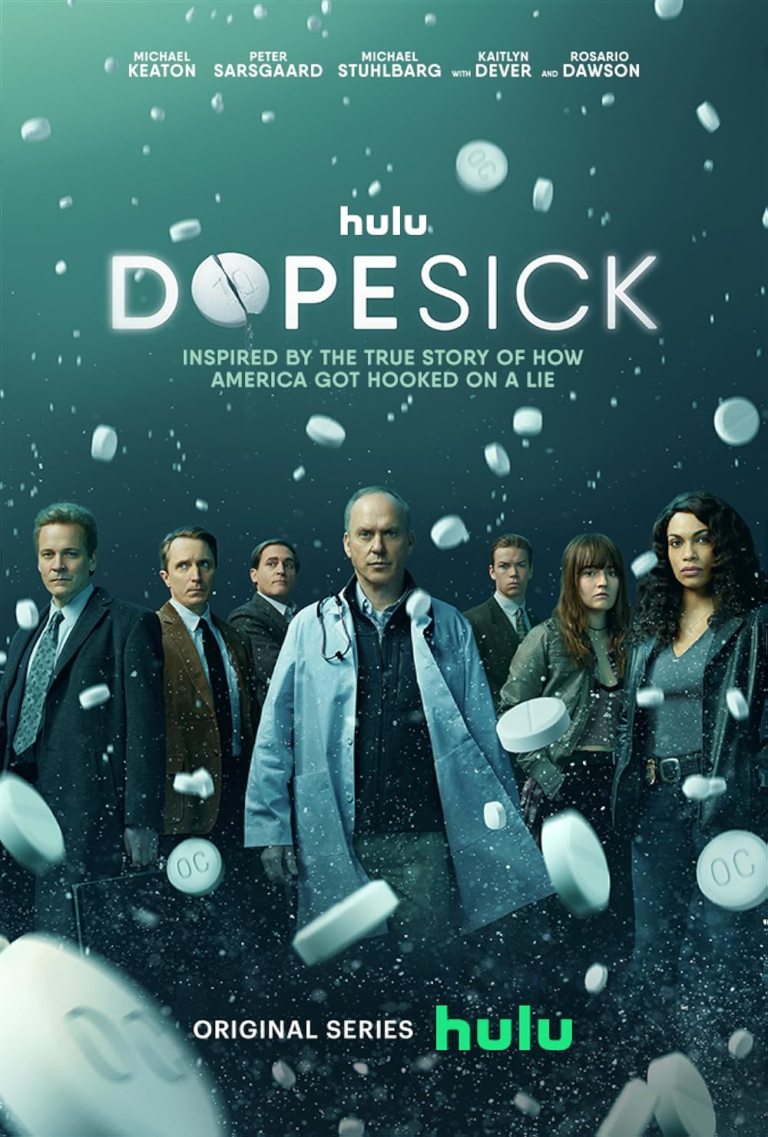The Order Christian Review

Cinema has a strange way of cutting deep when it mirrors the ugliest corners of our world, and The Order is no exception. This isn’t a popcorn thriller where the bad guys lose and we walk away feeling cleansed. No, this film lingers like a bruise—one you keep pressing, just to feel its ache. For Christians, it’s an unsettling but necessary look into a world where hate thrives and justice teeters on the brink of despair. Let’s be clear: The Order isn’t a faith-based film. It doesn’t carry overt messages of redemption or divine intervention. But in its grim unraveling of American violence and white supremacy, it throws down a challenge: Do we really understand the cost of ignoring evil?
A Mirror to the Soul of a Nation
The story here isn’t new. Hate is ancient; it’s a cancer. The Order just gives it a modern face and a polished stage, showing us how insidious evil can look when it cloaks itself in respectability. The film toggles between two expressions of white supremacy: one “presentable” and calculated, the other violently raw. As the narrative unfolds, it’s hard not to feel haunted by the familiarity of it all. The legal veneer, the systemic rot, and the overt, unchecked violence—it’s not history. It’s now.
For a Christian viewer, this duality cuts straight to the heart of what sin is: deception and destruction in equal measure. Scripture tells us, “Woe to those who call evil good and good evil” (Isaiah 5:20), and yet, here we are. The movie forces a reckoning with that verse, showing us the ease with which evil can blend into the fabric of daily life.
Jude Law, the Everyman Crusader
Let’s talk about Jude Law’s character for a second. The guy’s carrying more than just a badge; he’s carrying weariness like it’s stitched into his skin. There’s a mustache, some middle-aged girth, and an unshakable air of exhaustion. He’s a cop, sure, but he’s also a man deeply tired of the darkness he’s sworn to fight. For Christian viewers, his struggle feels familiar. He’s like the prophet Habakkuk, crying out, “How long, O Lord, must I call for help, but you do not listen?” (Habakkuk 1:2).
But Law’s performance doesn’t preach. It’s warm and irascible by turns, a lived-in portrayal of someone who knows the system is broken but keeps fighting because giving up would be worse. On the other side of the coin is Nicholas Hoult, whose ice-cold villainy feels biblical in its starkness. Together, they embody the eternal wrestling match between good and evil—only here, it’s not a clear-cut battle. The lines blur, the moral ground shifts, and by the end, you’re left wondering if the fight ever ends.
Violence as a Language
Let’s not sugarcoat it: The Order is violent. It’s visceral, ugly, and relentless, with action scenes that feel more like collisions than choreography. For some, this will be a dealbreaker. How much carnage can you stomach before it stops meaning anything? But here’s the thing—this isn’t gratuitous violence for shock value. It’s violence with purpose, a raw depiction of what hate does when it’s let loose.
For Christians, the violence might evoke uncomfortable parallels with the brutality in Scripture. Think of the Old Testament wars or the crucifixion itself—moments where humanity’s worst impulses are laid bare. The film doesn’t shy away from this ugliness, and in doing so, it forces us to confront our own complicity. Are we too quick to look away, to excuse, to let the status quo carry on?
Nature and the Numbness of Evil
Visually, the movie is stunning. Sweeping landscapes, quiet streets, and the eerie beauty of a world that doesn’t flinch at human depravity. This contrast is no accident. It’s a cinematic choice that mirrors a spiritual truth: creation groans under the weight of sin (Romans 8:22). The natural splendor juxtaposed with the ugliness of human hate feels like a lament, a cry for something better.
And yet, the film doesn’t offer much in the way of hope. This is perhaps where it diverges most sharply from a Christian worldview. There’s no redemption arc, no grace breaking through the darkness. Instead, The Order leaves us with a chilling sense of inevitability, as though hate is as natural and unending as the rivers and mountains it’s set against. For believers, this can feel like a missed opportunity—or maybe a challenge to fill in the blanks with our own faith.
Procedural Precision and Spiritual Questions
As a procedural thriller, The Order delivers. The investigative threads are tight, the pacing deliberate, and the action beats satisfyingly explosive. But this isn’t just a cop movie; it’s a moral inquiry. The film’s structure mirrors a spiritual journey, where each clue and confrontation peels back another layer of human depravity. By the end, you’re not just asking who did what—you’re asking why evil persists and what, if anything, can be done about it.
For Christian viewers, this is where the film’s horror hits hardest. The monsters aren’t supernatural; they’re us. They’re the neighbors and leaders and institutions we trust. The Bible warns us about the sinfulness of humanity (Jeremiah 17:9), and The Order is a stark reminder of just how deep that sin can run.
Why It Matters
So why should Christians watch a movie like The Order? It’s not easy viewing, and it doesn’t wrap things up in a tidy moral bow. But maybe that’s the point. This is a film that forces us to look at the world as it is, not as we wish it were. It challenges us to confront the reality of sin—not just in others but in ourselves. And while it doesn’t offer hope outright, it leaves room for us to bring our own.
In a culture that often avoids hard truths, The Order dares to tell them. It’s a mirror held up to our collective soul, showing us the cancer of hate and asking what we’re going to do about it. As Christians, the answer lies not in despair but in action. The fight against darkness isn’t easy, but it’s necessary. And as this film so powerfully reminds us, it’s far from over.
Final Thoughts and Rating
The Order is not for the faint of heart. It’s a brutal, unflinching look at a world where hate and violence feel omnipresent. But for those willing to wrestle with its themes, it offers a sobering glimpse into the cost of ignoring evil. It’s a reminder of the work still to be done, both in society and in ourselves.
Rating: 7.5/10
This isn’t a film you “enjoy.” It’s one you endure, reflect on, and maybe even grow from. And that makes it worth watching.







